How Escrow Works
How Escrow Works
An escrow holder ensures your property closes on time and the closing process goes smoothly. When a third party holds money between a buyer and a seller, it’s in escrow. An easy way to understand what an escrow company does is to consider how you might use PayPal for Internet purchases.
The escrow holder ensures that the terms and conditions of the agreement between the seller and buyer are performed before the sale is finalized.
These are the records that escrow companies usually compile:
- Loan documents
- Tax statements
- Fire and other insurance policies
- Title insurance policies
- Terms of sale and any seller-assisted financing
- Requests for payment for various services to be paid out of escrow funds
You’re ready to close when each step of done in the escrow process. All expenses like title insurance, inspections, and real estate commissions are paid. The property’s title gets handed over to you, and title insurance begins per the steps of your particular escrow agreement.
The Escrow Holder Will:
- Prepare escrow guidelines
- Perform a title research
- Comply with the bank’s guidelines as outlined in the escrow agreement
- Accept payments from the buyer
- Prorate insurance, tax, interest, and other payments according to instructions
- Record deeds and other documents as instructed
- Request title insurance policy
- Close escrow when all terms of agreement of seller and buyer have been met
- Disburse payments and finalize instructions
The Escrow Holder Won’t:
- Advise you – the escrow holder must maintain a neutral, third-party status
- Give insight into future tax estimations
Mortgage Escrow Account
A Mortgage Escrow Account is started to pay recurring fees while there is a loan on the house. Generally, the Escrow Account is partially funded at closing, and the home buyer makes ongoing contributions through their monthly mortgage payment.
This is a simple outline of the escrow process. Your particular plan might differ slightly based on your lender and escrow company.

